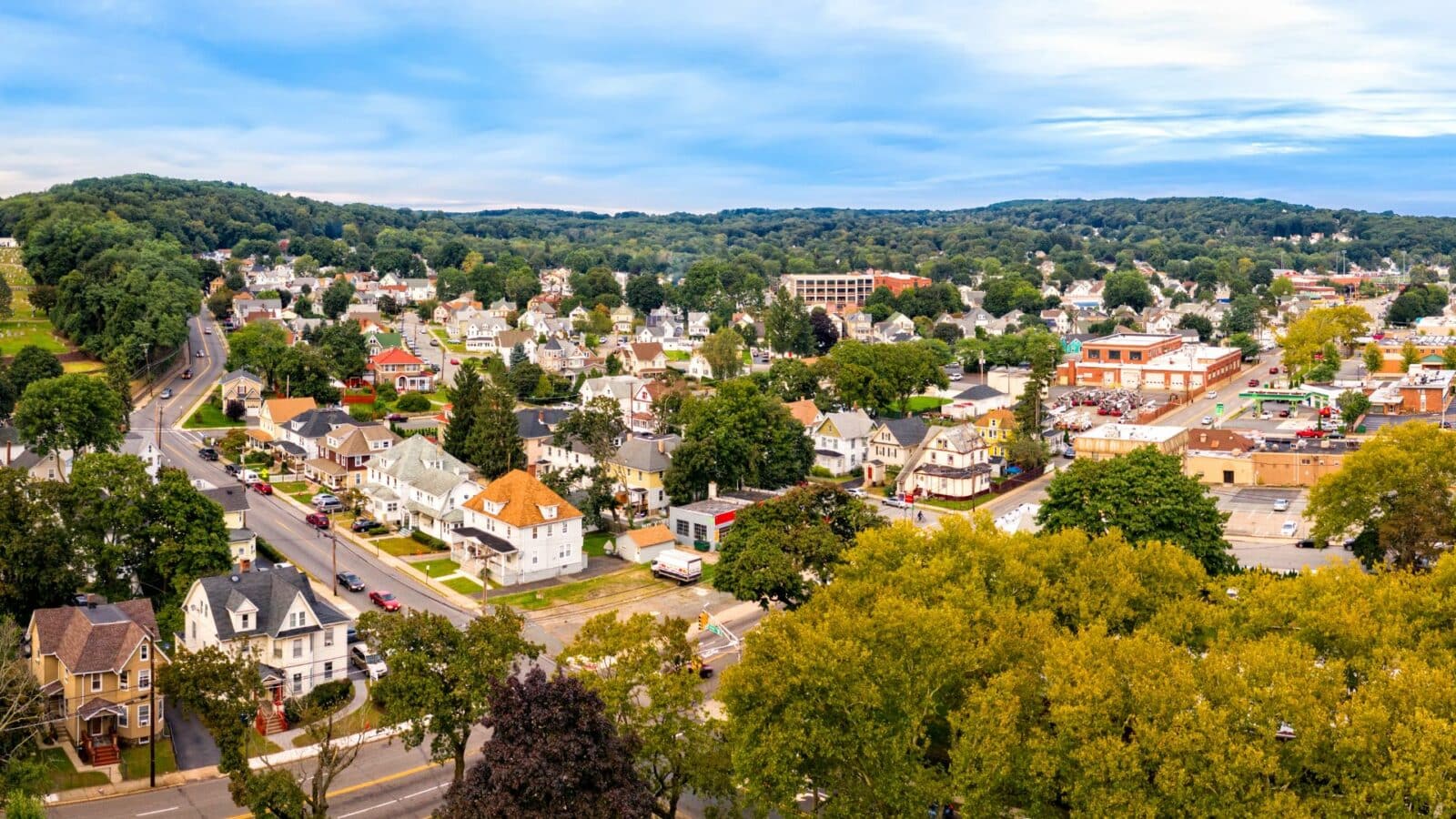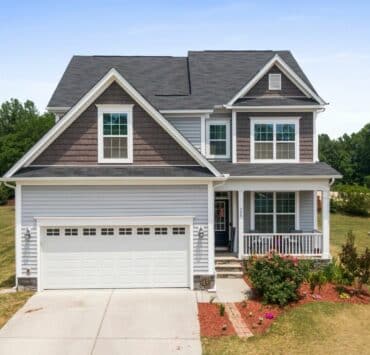The New Jersey affordable housing reforms mark a significant step towards ensuring equal housing opportunities for all residents. By revising outdated mandates, the state aims to address the critical need for affordable living spaces.

Understanding the New Jersey Affordable Housing Reforms
The reforms introduce updated regulations that mandate municipalities to facilitate the development of affordable housing units. This initiative seeks to make housing accessible to low and moderate-income families, promoting diversity and inclusivity.
Key Features of the Reforms
- Revised zoning laws to encourage the development of affordable housing.
- Incentives for builders to include affordable units in their projects.
- Enhanced enforcement mechanisms to ensure compliance with the new mandates.
Impact on Communities
These reforms are expected to significantly impact New Jersey’s landscape by increasing the availability of affordable housing. Communities will benefit from a more balanced housing market, where economic diversity is fostered.
The New Jersey affordable housing reforms represent a forward-thinking approach to tackling housing inequality. By ensuring that affordable housing is a priority, New Jersey sets an example for how states can address this nationwide issue.
Related posts:
 Affordable Rental Provider Repays $710K to Arlington County
Affordable Rental Provider Repays $710K to Arlington County
 Reduce Your Environmental Footprint: Simple Water Conservation Tips for Your Home
Reduce Your Environmental Footprint: Simple Water Conservation Tips for Your Home
 10 Precautions to Stay Safe During a Home Renovation
10 Precautions to Stay Safe During a Home Renovation
 Surge in US Housing: A Close Look at the November 2023 Boom
Surge in US Housing: A Close Look at the November 2023 Boom
 Seattle Fort Lawton Housing Plan Revision: A New Vision for Affordable Living
Seattle Fort Lawton Housing Plan Revision: A New Vision for Affordable Living




